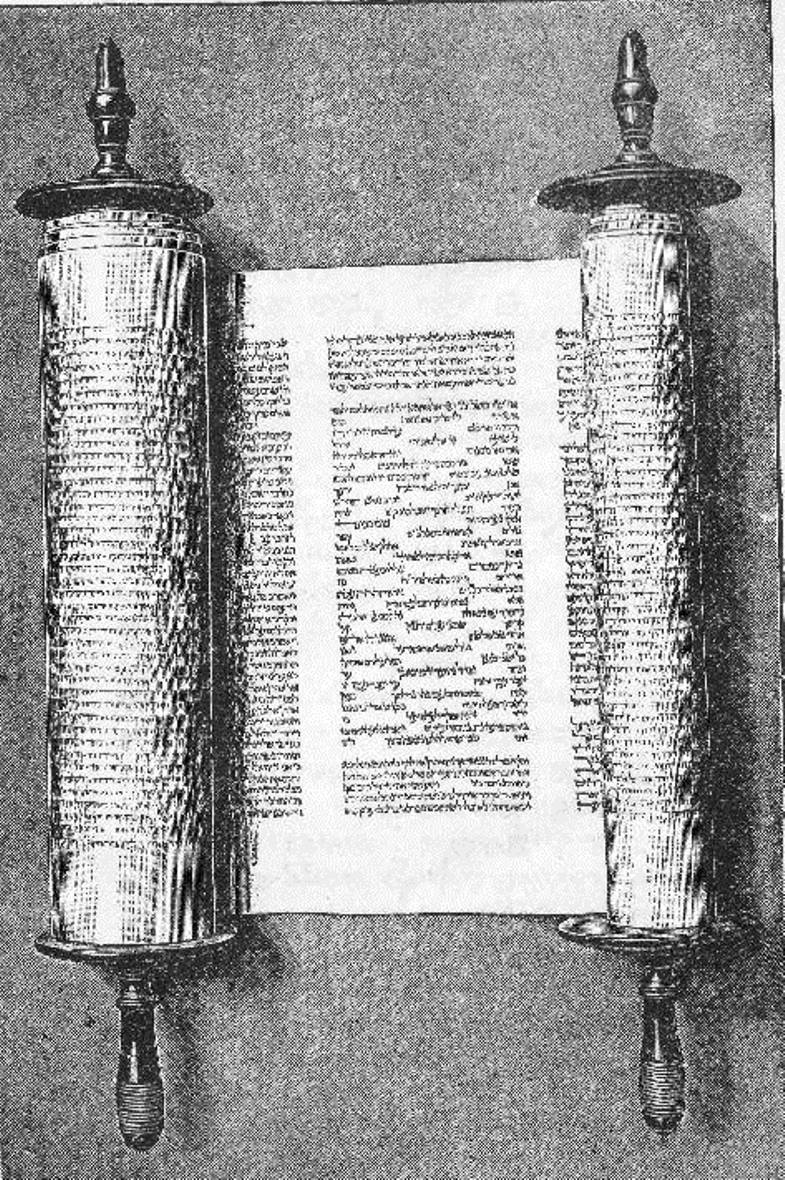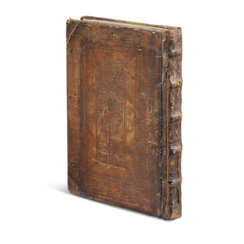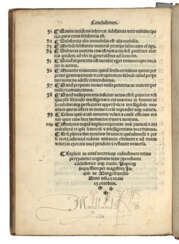Paolo Ricci (1480 - 1541) — Auction price

Paolo Ricci (Italian: Paolo Ricci, Latin: Paulus Ricius, German: Paul Ritz), also known as Ritz, Riccio, or Paulus Israelita, was a humanist convert from Judaism, a writer-theologian, Kabbalist, and physician.
After his baptism in 1505 he published his first work, Sol Federis, in which he affirmed his new faith and sought through Kabbalah to refute modern Judaism. In 1506 he moved to Pavia, Italy, where he became a lecturer in philosophy and medicine at the university and met Erasmus of Rotterdam. Ricci was also a learned astrologer, a professor of Hebrew, philosophy, theology, and Kabbalah, a profound connoisseur and translator of sacred texts into Latin and Hebrew, and the author of philosophical and theological works.
Paolo Ricci was a very prolific writer. His Latin translations, especially the translation of the Kabalistic work Shaare Orach, formed the basis of the Christian Kabbalah of the early 16th century.


Paolo Ricci (Italian: Paolo Ricci, Latin: Paulus Ricius, German: Paul Ritz), also known as Ritz, Riccio, or Paulus Israelita, was a humanist convert from Judaism, a writer-theologian, Kabbalist, and physician.
After his baptism in 1505 he published his first work, Sol Federis, in which he affirmed his new faith and sought through Kabbalah to refute modern Judaism. In 1506 he moved to Pavia, Italy, where he became a lecturer in philosophy and medicine at the university and met Erasmus of Rotterdam. Ricci was also a learned astrologer, a professor of Hebrew, philosophy, theology, and Kabbalah, a profound connoisseur and translator of sacred texts into Latin and Hebrew, and the author of philosophical and theological works.
Paolo Ricci was a very prolific writer. His Latin translations, especially the translation of the Kabalistic work Shaare Orach, formed the basis of the Christian Kabbalah of the early 16th century.




